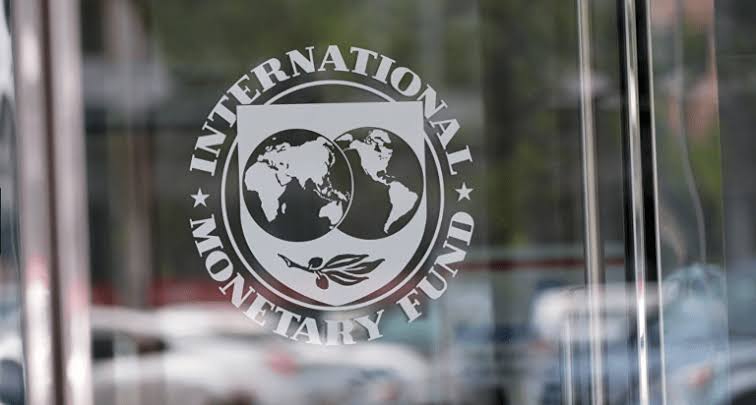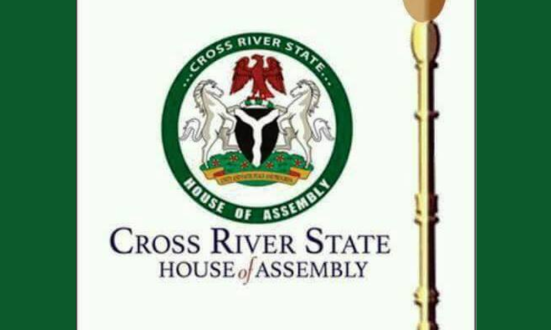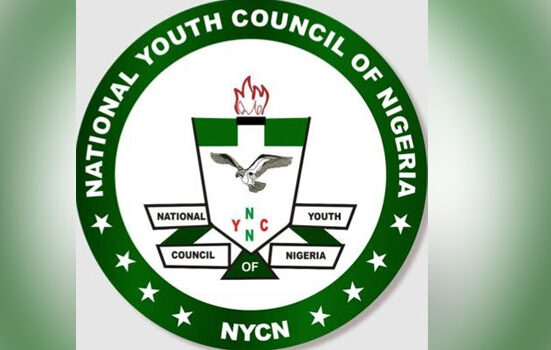The International Monetary Fund, IMF, says that even though Nigeria and other low-income debtors have yet to request any debt relief recently, high debt servicing costs remain a growing challenge.
In a new report, the IMF, while addressing policy reforms aimed towards increasing revenue, commended Nigeria and three other countries for recent subsidy reforms that would create space for development spending.
It, however, expressed worry that many countries were lagging behind, especially in efforts to increase revenues, such as broadening the tax base, reducing tax exemptions, and increasing the efficiency of tax administration.
READ ALSO: ‘One Too Many’ Directed By Kayode Kasum Heads To Netflix In February
According to the Debt Management Office, Nigeria’s public debt profile increased to N87.91tn at the end of the third quarter of 2023.
In 2024, the Federal Government plans to spend N8.25tn on debt servicing. The figure represents 45 percent of projected income, and has drawn criticism from economic experts, including the World Bank, which warned that unless drastic reforms are implemented, Nigeria’s debt-service-to-revenue ratio would hit 160 percent by 2027.









Leave feedback about this